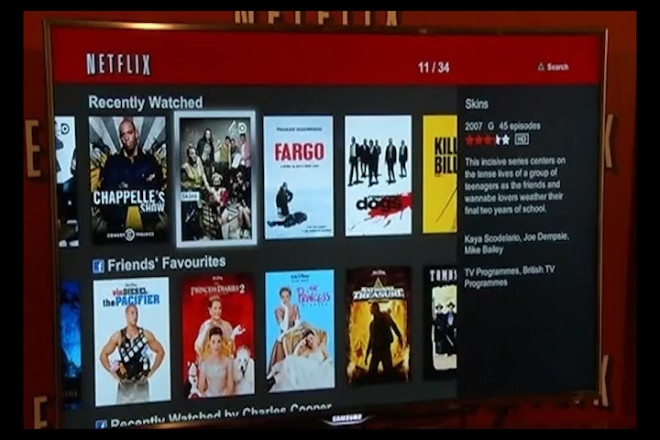What is Net Neutrality Anyway?

Net neutrality has been in the news a lot over the last two years, but this week saw it dominate the headlines in the US once more, after lawmakers in the US Court of Appeals found in favour of internet service provider (ISP) Verizon in a court case involving the Federal Communications Commission's (FCC) rules on net neutrality.
But what is net neutrality and how does it affect us in the UK?
What is Net Neutrality?
ISPs are in the business of making money from how much data customers use while surfing the web.
However, sometimes broadband providers and telecoms companies change how they charge for certain services and can even use their network infrastructure to block or throttle access to certain bandwidth-heavy internet applications including video streaming sites like Netflix or Peer-to-Peer (P2P) file-sharing networks such as BitTorrent.
They can also slow down access to services they perceive as competitors.
This goes directly against the concept of the "Open Internet", where users are free to access all lawful information and applications as they so choose – a concept which has caused heated debates all over the world.
Net neutrality refers to the practice of treating all online traffic equally.
ISPs and telecoms companies disagree with net neutrality, as in their eyes, their networks are helping internet companies (such as Google for example) and other services to make lots of money, which they don't get a cut of - while, at the same time, the ever increasing demands for data from consumers mean that ISPs constantly have to spend money to upgrade their networks.
Since the US Court of Appeals has found in favour of Verizon and it no longer needs to follow the FCC's rules, all ISPs in the US can now choose to charge the internet companies behind services like Netflix and YouTube more, in order to give the traffic from their servers preference on the network.
This means that these streaming services could soon become much more expensive for users.
What about net neutrality in the UK?
At the moment, there are no clear rules set on net neutrality in the European Union, so each member state is free to set its own rules.
In the UK, Ofcom currently holds the position that net neutrality is not a big issue. In its annual plan for 2013 / 2014, Ofcom states that it has not found "substantive concerns" with ISPs' traffic management practices.
Other countries in the EU have taken firmer action, however.
For example, in 2011, certain Dutch mobile operators were found to be throttling or blocking users' access to over-the-top (OTT) communication apps like Whatsapp and Skype on smartphones.
The Netherlands became the first country in Europe to make net neutrality a law, meaning that mobile operators are no longer allowed to block or charge extra for voice calls made over the internet.
The operators claimed that OTT apps use up a lot of bandwidth, leading the entire network to get congested and slow internet for all customers, which is true, and is probably one reason why operators all over the world have been rushing to upgrade their networks to super-fast 4G.
However, on the other hand, if customers are all making voice and video calls for free using mobile apps, this means that the operator isn't making any money from voice calls – their traditional bread and butter – since the app runs on top of the network.
Ofcom has recognised in its annual plan that some mobile operators in the UK are blocking OTT apps such as Skype, but the communications watchdog says that this is not a problem, as long as consumers are aware that this is happening, and they always can choose to go to another network.
In May 2013, the European Commission announced new rules abolishing roaming charges between member states in the EU, as part of an overhaul of the European telecoms market.
What do you think?
Should net neutrality be passed into law in the UK and elsewhere, or should ISPs and mobile operators be allowed to charge a premium for internet services that use up a lot of bandwidth? Tell us what you think in the comments.
© Copyright IBTimes 2025. All rights reserved.






















